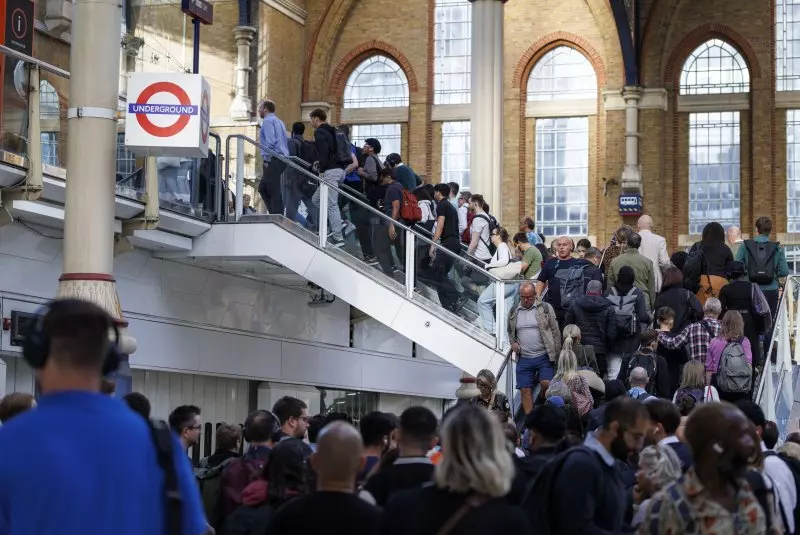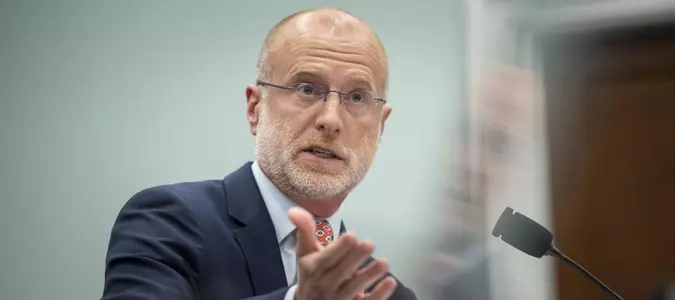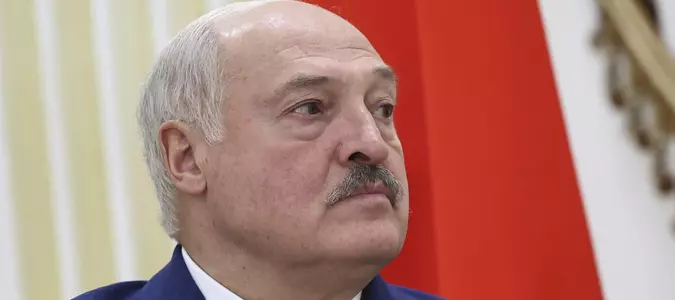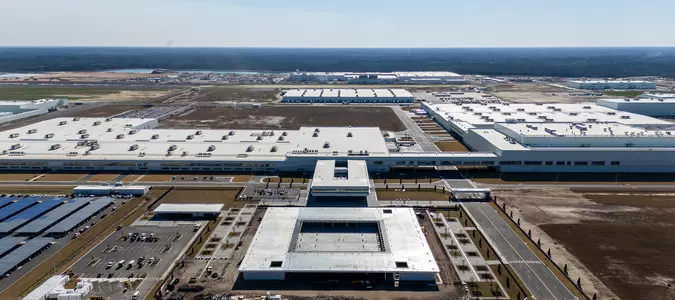

London subway worker strike shuts down transit lines
A strike by around 10,000 drivers and other workers on London's subway system brought travel disruption to millions of Londoners and commuters into the capital.

Commuters who would normally be speeding toward their destinations in subway cars deep beneath London file out of Liverpool Street station Monday in search of alternative transport amid a strike by London Underground staff that brought travel chaos to the capital. Photo by Tolga Akmen/EPA UPI
Sept. 8 (UPI) -- Millions of commuters in Britain were unable to get to work or had their journeys disrupted Monday morning after the London Underground was shuttered by a strike by around 10,000 drivers, signals operators and maintenance crew.
National Union of Rail, Maritime and Transport workers walked off the job Sunday through Thursday in a dispute over pay and what they argue are excessive working hours due to staff cuts, closing the mass transit system's eight busiest lines and impacting service on five others.
The union is demanding a 32-hour work week, down from 35 hours.
Among the lines with no service were the Victoria Line, Picadilly Line, Circle Line, Waterloo & City Line, Hammersmith & City Line, District Line and Bakerloo Line.
Transport for London, the transit authority, warned travelers on X to expect "severe disruption" Sunday through Friday with "limited Tube service, ending earlier than usual" and urged people to complete their journeys by 6 p.m.
"Monday, Sept. 8 - Thursday, Sept 11: Little to no Tube service, with no trains before 8 a.m. Please complete journeys by 6 p.m.," it added
Transport for London warned that other transport modes it is responsible for would be much busier than usual as people switched from the Tube to buses, trams and the city's network of above-ground trains.
Significant numbers of people opted to use taxis while many residents switched to two-wheeled pedal power.
The disruption also affected mainline trains coming into London because the subway routes serving main stations bringing people from commuter-belt cities and towns to the north, south, east and west of London were suspended.
A handful of key "Tube" lines move huge numbers of commuters every day from stations such as Euston, Waterloo and Liverpool Street on the final leg of their journey to work in central London or the financial district in the east of the city.
Posting pictures on X of members picketing Morden tube station on the Northern Line in south London, the union said the transit system delivered 5 million people to their destinations every day, adding $67.6 million a day to the economy of the capital, yet was running with 2,000 fewer staff than before the pandemic.
"Our members are being stretched to breaking point due to extreme shift patterns and fatigue," the RMT said.
While there was some public support for striking tube staff, commuters were not happy.
Theo Ivy, 49, one of hundreds of people lining up for buses at Stratford Station in northeast London, told The Standard that his normal 35-minute Tube ride to work would now take at least twice as long and mean a total journey time of over an hour because of the closure of the Hammersmith & City Line serving Upton Park, the station nearest to his home.
"I will be late for work. I can't use the Tube, I am forced to use only the bus. It has added 35-40 minutes to my journey so I'm not so happy."
Business groups also warned of the impact on commerce, the Federation of Small Businesses development manager Sarah King saying the industrial action would hurt small businesses, many of which depend on commuter traffic in and around stations and staff using the Tube to quickly move between sites.
Business LDN deputy chief executive Muniya Barua said the hospitality, retail and culture sectors would be worst hit.
"At a time when the economy is weak and firms are already reeling from a National Insurance hike, the economic cost of these strikes could run into hundreds of millions of pounds. It also sends a really poor message to visitors and investors," she said.
RMT regional organizer for London, Jared Wood, told the BBC the union felt very sorry for the inconvenience the strike was inflicting on commuters and people attempting to go about their daily business, but blamed Transport for London, the transit authority, for refusing to discuss "completely reasonable and affordable" demands.
"People do 4 a.m. starts, 1 a.m. finishes, bank holidays are all normal working. People are exhausted and they want that issue addressed," said Wood.
Transport for London said cutting the working week to 32 hours was simply "unaffordable" and warned the industrial action would be "very damaging" for London Underground.
"We call on the RMT to suspend this action, put our fair and affordable offer to their members and continue discussions with us. Our pay deal is in line with other offers accepted by the RMT across the rail industry, so it is disappointing the RMT is planning to disrupt Londoners without giving their members a say on the offer," chief operating officer Claire Mann said in a statement.
"We welcome further engagement from all of our unions about managing fatigue across the network, but a reduction in the contractual 35-hour working week is neither practical nor affordable."
















